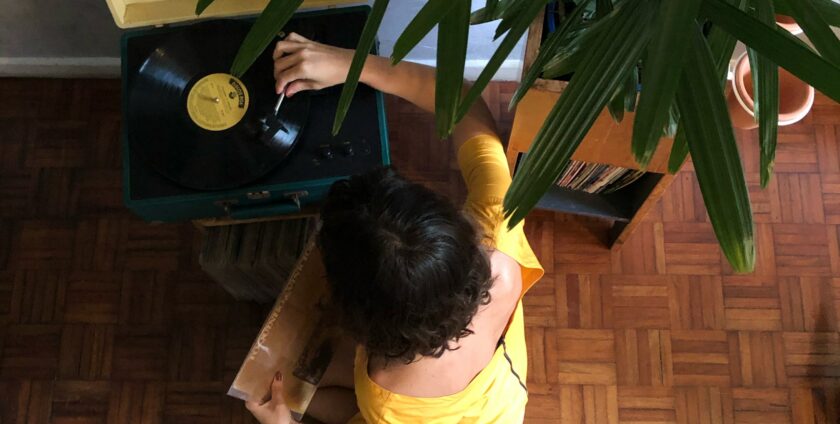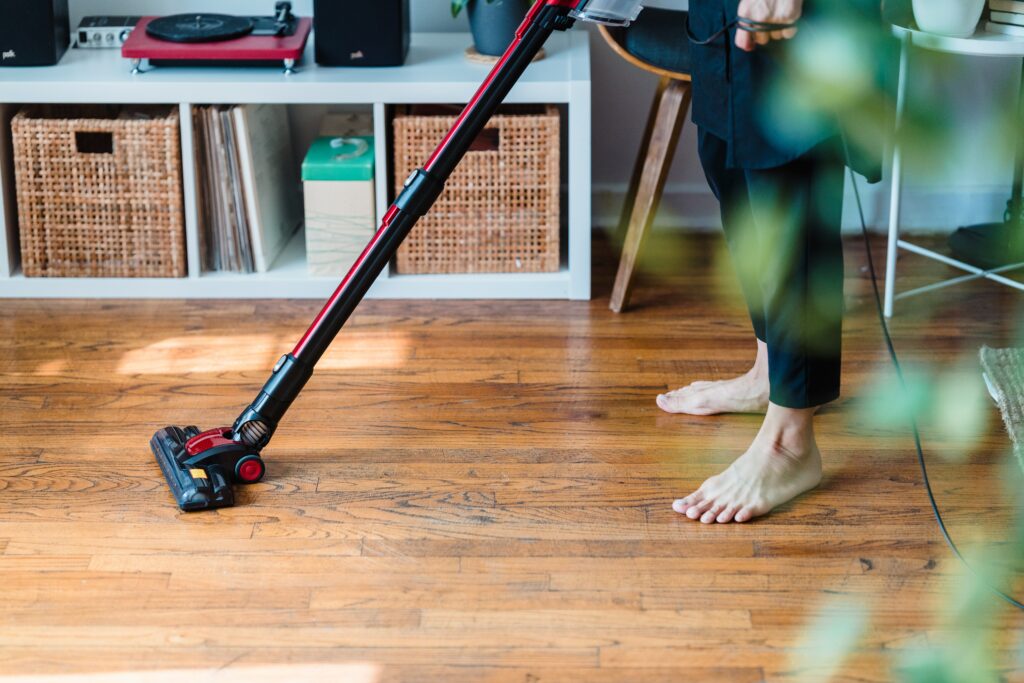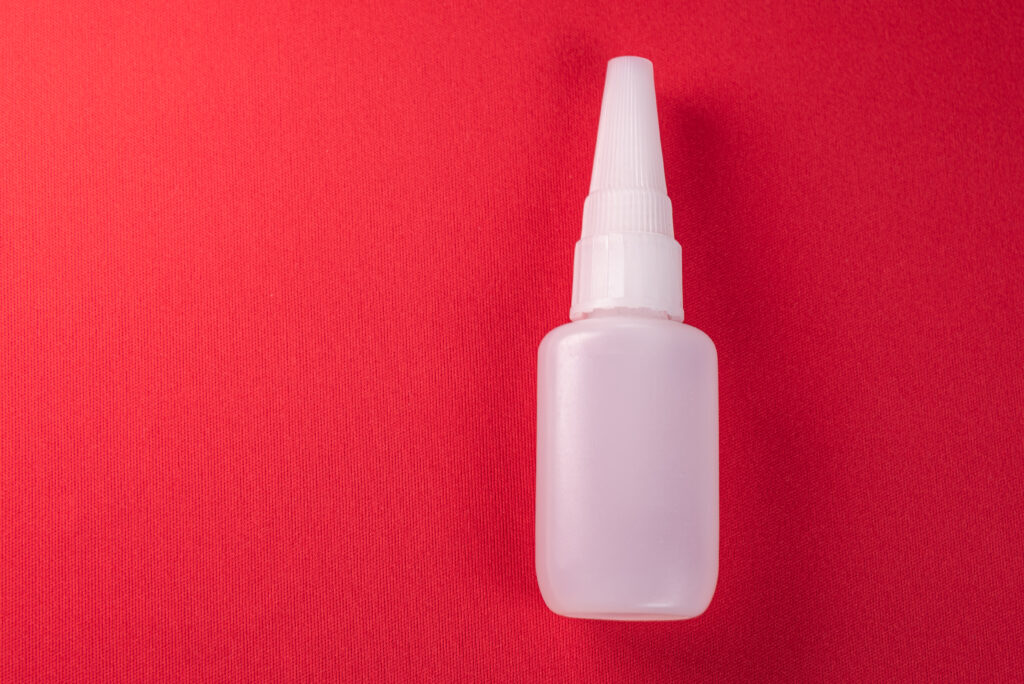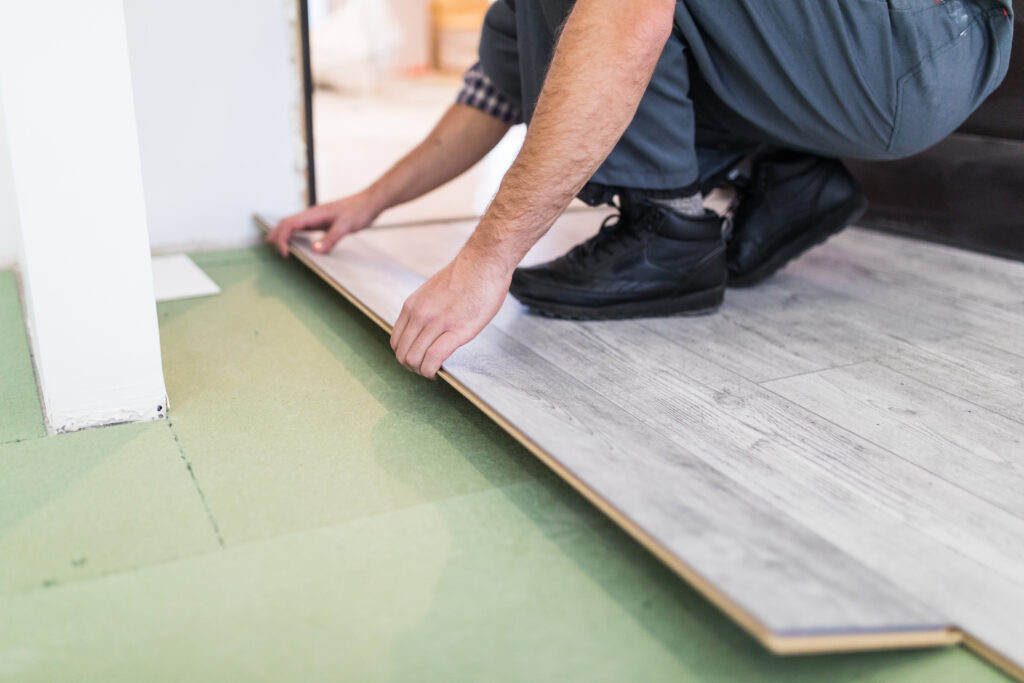
When it comes to repairs or installation, understanding which glue to use for your vinyl flooring is critical. While there are many choices on the market, not all adhesives are created equal. MPS Floors is here to inform you about the glue that should be used for vinyl flooring. Also, we will inform you of the best option for gluing down vinyl flooring so that you can make an informed decision for your home repair or renovation project.
Complexities of Vinyl Flooring
Vinyl flooring adds a beautiful and sophisticated touch to any home, but its liquid-based adhesive installation process can be quite complex. Despite liquid nails being a popular choice for vinyl flooring glue, there is much debate as to whether it is the best adhesive solution.
At MPS Floors we suggest that liquid nails do not reach the level of strength or durability needed to keep liquid-based vinyl floors securely in place over long periods, making alternatives like urethane, or acrylic-based adhesives better options. We are very professional and our customer reviews speak for themselves. When you are ready give us a call at (818) 884-3323.
Taking the time to select a reliable and quality vinyl floor adhesive is essential for ensuring that your floor remains attractive, durable, and correctly installed for years to come.

What Is Vinyl Glue
Vinyl adhesive glue is specifically designed for use with vinyl floorings, such as vinyl plank flooring or vinyl tiles. It is usually composed of rubber-based compounds and has a strong bond that can withstand foot traffic, heavy furniture, and moisture. Some types of vinyl glue are designed to be water-resistant.
Vinyl fabric and carpet tiles help uphold the flooring in place for years to come! When it comes to installing vinyl floors, vinyl adhesive is the best choice for ensuring a secure fit. Flooring adhesive is necessary to create a strong bond between the vinyl and the subfloor. This bond is essential for preventing water damage, mold growth, and gaps or cracks in the vinyl.
The Waterproof Option
To ensure your flooring can stand up to water, we recommend vinyl planks or tiles. While generally waterproof on their own, any spaces between the pieces may be vulnerable to seepage and moisture damage.
At MPS Floors we have experience making sure the loose lay sheet vinyl effect does not occur so that everything is smooth and even. We’ll even use vinyl repair glue which is specially formulated to create a strong, lasting bond that can withstand heavy traffic and moisture.
Vinyl Window Frames
Vinyl is rapidly increasing in demand for use with glass doors, frames, and windows. Although the fabrication and installation process of these items is generally machine-made, one can still repair them using vinyl repair adhesive to produce impressive results.
How to Choose the Right Vinyl Floor Adhesive
When selecting a type of PVC vinyl cement for your vinyl flooring project, it’s important to make sure that the adhesive is compatible. If you are still not sure you can call us to make sure. Well gladly answer any questions you have and clear up any misinformation.

Materials Needed for Vinyl Upholstery
To successfully install vinyl flooring, you’ll need the following supplies: Vinyl flooring planks, adhesive filler compound, a level tool, a utility knife, and a ruler for precise cuts. In addition to these items, it’s also important to have access to a vacuum cleaner and an applicator or jigsaw saw with fine teeth for modifications if needed.
Vinyl Plank Flooring & Vinyl Tiles
Vinyl planks are extremely durable and can even withstand exposure to moisture. To install them, you’ll need a reliable vinyl glue that comes either in liquid form (which is best applied using a brush or roller) or already mixed adhesive ready for spreading and troweling onto the flooring before installation of the tiles begins. The flooring adhesive utilizes matters such as hydrocarbon or ethylene vinyl acetate (EVA) to adhere the planks together.
Vinyl tiles are made of a thin layer of plastic or vinyl that is applied to the floor, usually with an adhesive backing. Don’t be mistaken vinyl adhesives can be used for much more than just floors! They come in various sizes and colors, and they’re easy to install because they don’t require additional subflooring. Vinyl tiles can be installed over most existing floors, including tile, and concrete.
Types of Vinyl Glues
Now that you are well-acquainted with vinyl, let’s dive into the different types of glue which work best for its adhesion. When it comes to bonding vinyl materials together, be mindful that some glues allow flexibility while others don’t. As mentioned previously, two main forms of vinyl exist: rigid and flexible, so make sure to use a suitable adhesive in each case! This way you can avoid any possible bond breakages or failures down the line.
Cyanoacrylates
Becoming widely known as “super glue”, cyanoacrylate proves to be the most efficient adhesive when gluing vinyl.
In a matter of seconds, the bond is created due to its capability in absorbing surrounding moisture which then creates an extremely strong mesh-like structure. This type of seal offers unprecedented strength and durability that can withstand even the toughest conditions!

Epoxies
Epoxies are typically composed of two substances, which when mutually combined form a highly resilient bond. Moreover, there is even epoxy putty that can be used to both join and fill the cavities in rigid vinyl surfaces!
Polyurethane
Polyurethane glues are reliable, durable adhesives that come in various types and have countless uses. For instance, when you want to bond vinyl sheets or join a flexible plastic to another surface like wood or metal polyurethane glue is your best bet!
To ensure the maximum longevity of your project don’t forget to sand down both surfaces before applying the adhesive this will give you an unbreakable connection between materials.

Silicone
When it comes to gluing vinyl, silicone can be a viable option. However, take caution when using soft and pliable vinyl as the adhesive may not provide adequate hold. To ensure utmost adhesion between surfaces, make sure you use only 100% silicone; in addition, be sure both surfaces are free of any dirt or dust particles before applying the glue.
Frequently Asked Questions
Can flooring adhesive be used on wooden floors?
Yes, flooring adhesive can be used on wooden floors as long as the adhesive is designed to work with wood. Be sure to follow the instructions carefully and take proper safety measures when applying the adhesive. We know how to handle adhesive flooring at MPS Floors for reaching out to us when you are ready.
Is Gorilla Glue good for vinyl flooring?
Yes, Gorilla Glue can be used to adhere to vinyl flooring. It is important to ensure that the surface of the flooring is clean and dry before applying the adhesive. Additionally, it is best to use a trowel when spreading the adhesive onto the existing surface for optimal adhesion.
Can you glue vinyl plank flooring to the stairs?
Yes, you can glue vinyl plank flooring to the stairs. It is important to ensure that the steps are flat even before installing the planks. Additionally, use a high-grade adhesive and follow the manufacturer’s instructions for installation. Lastly, make sure to apply pressure evenly when pressing each plank into place for optimal adhesion.
What is the best glue for vinyl flooring?
The best type of glue to use for vinyl flooring is a pressure-sensitive adhesive. It requires very little water or moisture and is easy to spread evenly, yet still provides strong adhesion. It is also important to follow the manufacturer’s instructions regarding the application of the glue, as well as any special instructions concerning preparing the surface before.
Why should I select MPS Floors for my floor installation?
MPS Floors is a trusted and reliable flooring installation company with over 40 years of experience in the industry. We are known for our commitment to quality, professionalism, and customer satisfaction. Our highly trained technicians have expertise in installing all types of floors, including vinyl planks.
- By: mikepillar_v5eezg" >mikepillar_v5eezg
- Category: Hardwood Floor Installation
- 0 comment
